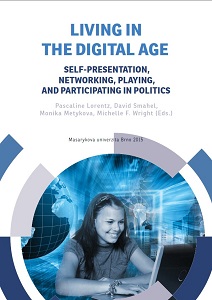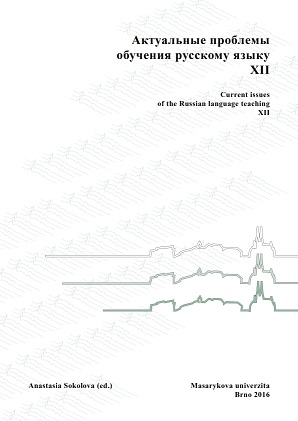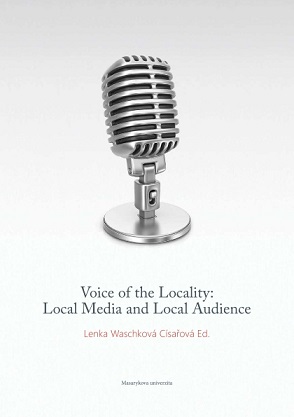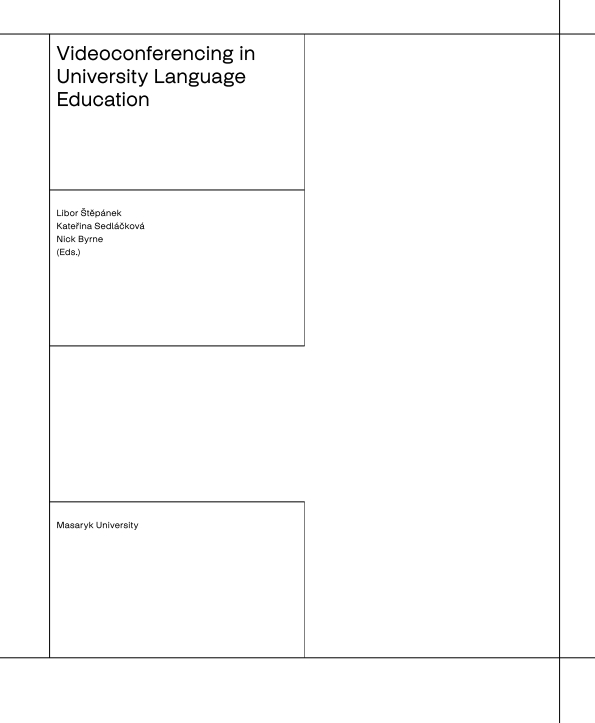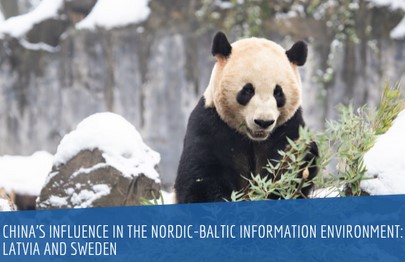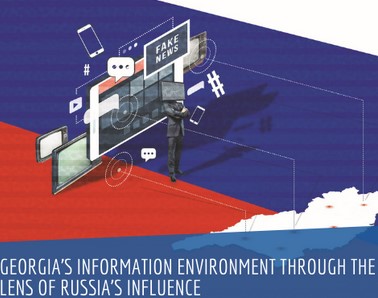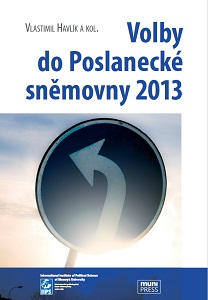
MÉDIA A VOLBY
Volby a předvolební kampaně (především v případě voleb prvního řádu) jsou jednou z nejvíce mediálně atraktivních událostí ve veřejném prostoru vůbec. Zájem médií, těch tradičních i nových, je tak nepochybně zcela zásadní součástí volebního procesu. Samotný výzkum v oblasti politické komunikace systematicky ukazuje, že dochází k výrazným proměnám ve vztahu mezi médii a politikou, která se stává stále více mediovanou (Bennett, Entman 2001).
More...
